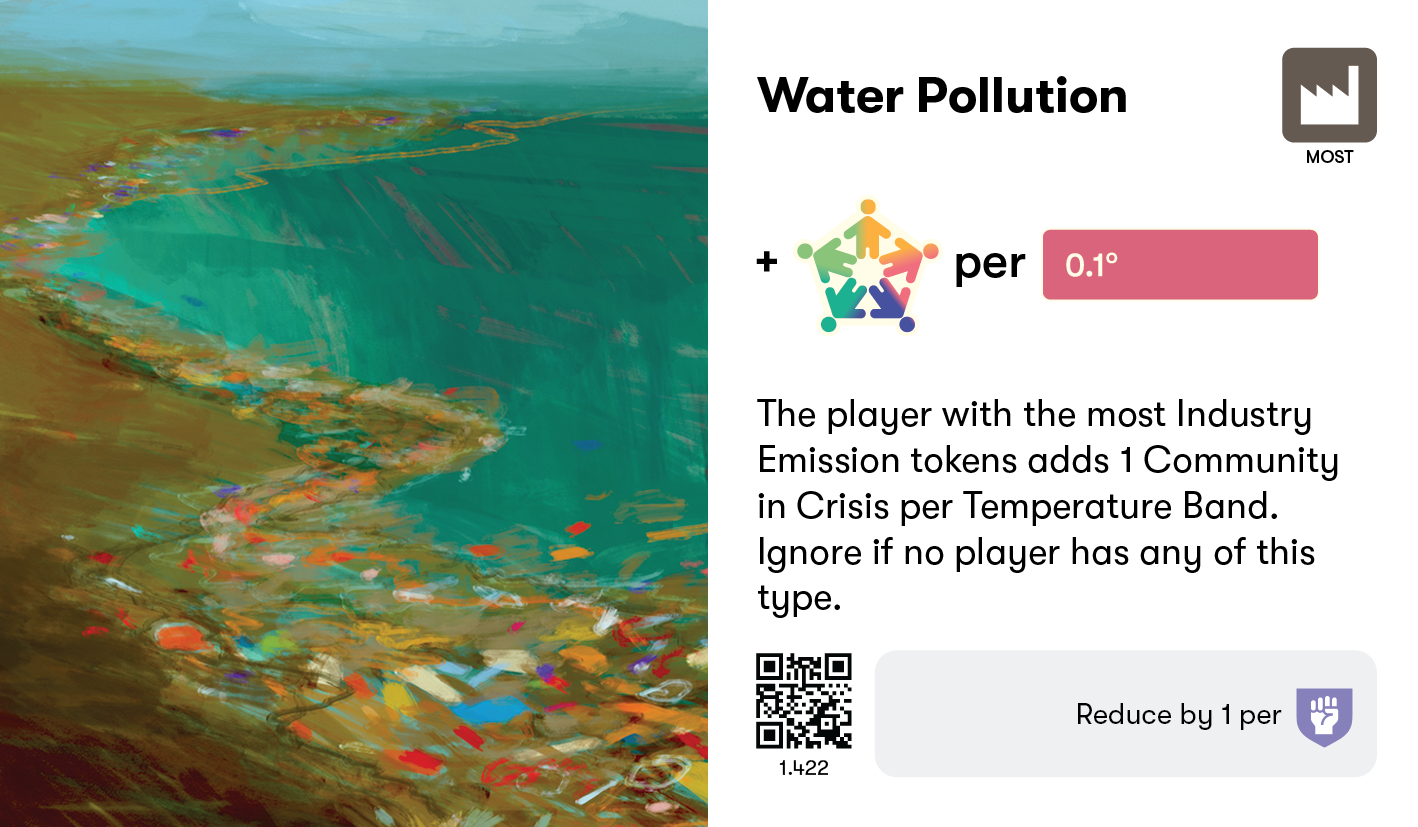Water Pollution
Crisis
Water pollution refers to the contamination of lakes, rivers, oceans, and groundwater by natural and human-made substances. These can include chemicals, plastics, sewage, oil spills, and other harmful materials, often produced by industrial activities, agricultural runoff, improper disposal of waste, and human activities such as littering.
This pollution can have adverse effects on different habitats and lifeforms. Some common effects include the death of aquatic plants and animals, diseases in humans and animals, and the degradation of water quality, making it unsuitable for human consumption, recreation, and other uses.
The climate emergency is causing more intense storms, floods, and droughts, which can increase erosion and spread pollutants into water bodies. For example, heavy rainfall can cause sewage overflows, leading to increased contamination of water sources. As sea levels rise due to rising temperatures, saltwater intrusion can occur, contaminating freshwater sources and affecting drinking water supplies. Rising water temperatures can also lead to harmful algal blooms forming. These release toxins into the water, making it unsafe for human consumption and dangerous for marine life.
Preventing water pollution requires a combination of individual and collective action. This includes reducing the use of harmful chemicals, proper disposal of waste, and adopting sustainable practices in agriculture and industry. Governments and regulatory bodies can impose regulations and penalties on polluters to ensure that water resources are protected and preserved.
Ignore this Crisis if no player has any Industry Emission tokens.
The player with the most Industry Emission tokens must add 1 Community in Crisis per Temperature Band.
They can reduce this effect by 1 for each Social Resilience token in their player board.
For example: 5 Temperature Bands – 3 Social Resilience = add 2 Communities in Crisis.
Resilience tokens are not discarded.

Tackling global water pollution (UN Environment Programme, UNEP)
What Is Water Pollution (Environmental Pollution Centers)
Water Pollution Definition - Types, Causes, Effects (Natural Resources Defense Council)
Advocate for your local government to set up community-lead water management practices, such as plans for how to manage and protect local watercourses.
Campaign for your government to establish robust controls against industrial, agricultural and commercial pollution, requiring companies that break these rules to pay for remediation and ecological restoration solutions.
Campaign for your government to set a phase out date for the use of plastics, especially products with microplastics, one of the biggest sources of ocean pollution. Advocate for them to invest in reuse and recycling systems, return schemes and more sustainable packaging and storage solutions.